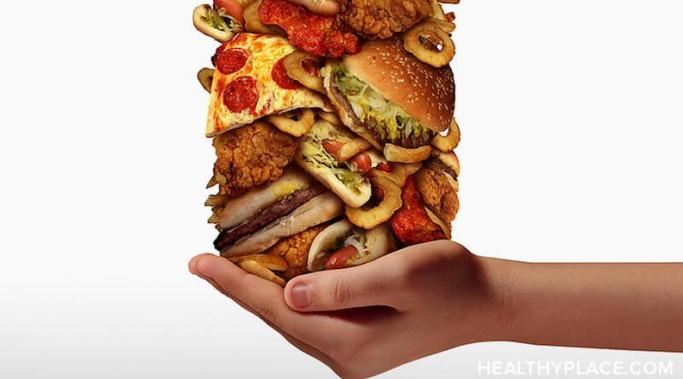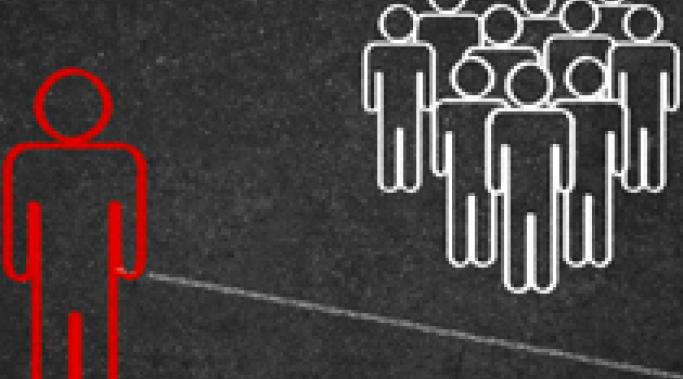Blogs
The restriction and binge cycle is a common occurrence when struggling with binge eating disorder. When active in my behaviors I had a tendency to cycle through this quite often. When we deprive ourselves of food, our body's reaction is to binge. With a balanced eating plan we can put a stop to this vicious cycle (Why Do I Need a Dietician on My Eating Disorder Treatment Team?).
Do you know how to handle a treatment professional on a power trip? Sometimes the field of mental health draws the wrong people, especially when treatment philosophy is the social control model. I once overheard a nurse say to a patient "You do what we tell you, when we tell you." Another psychiatrist told a patient who made a sarcastic comment about wearing diapers "If that's what you want I can make it happen." The same psychiatrist told me "I can go on the word of a social worker if I want." When a treatment professional is on a power trip, it is important to know how to handle them (What Mental Health Professionals Don’t Know about Clients).
Mental health stigma is discrimination. According to the US Surgeon General, stigma is the number one barrier to treatment. This stigma can lead to people with a brain disorder being denied jobs, housing, and services. For example, I was once asked about my mental illness during a job interview and was denied the job even though I had two years of experience and excellent references. I also was discharged from the military after being diagnosed with mental illness. Stigma is really a fancy word for discrimination.
Healthy friendships have a positive effect on a person's mental health and understanding how to help a friend with depression are beneficial for both individuals. When a person struggles with depression, friends take a backseat during these low periods. Friends play an important role in our lives, and there are a variety of ways to help (Depression Poem for a Friend). It shows that depression not only affects the person struggling but those around them as well. This is why understanding a friend with depression and knowing how to help is important to maintaining a healthy friendship. The first step is learning what depression is and how it affects someone.
One well-known symptom of borderline personality disorder (BPD) is emotional intensity, which appears to the rest of the world as drama. A good first step for someone just learning of a BPD diagnosis might be to learn how to engage an observer part of him/herself. In other words, we borderlines need to learn how to think and feel at the same time.
Presidential elections can create a host of political stressors. But politics don’t have to hold your mental health hostage (Ruminating Can Harm Your Mental Health Recovery). Follow these tips to avoid political stressors and achieve bliss.
Life with dissociative identity disorder (DID) is often filled with self-doubt. People with DID doubt their memories and doubt themselves. It is especially difficult in the beginning of a DID diagnosis, when the urge to engage in denial is often the strongest. But the tendency towards self-doubt doesn't stop there; it can continue for years. One cause of consistent self-doubt is related to a type of psychological abuse experienced by many with DID: gaslighting.
My last few weeks have been incredibly active, and it has been great for my brain (Does Exercise Really Make a Difference?). I’ve been doing some home renovations and helping a friend prepare her store for her big fall opening, working early mornings and late nights. Throughout the active weeks, my brain consistently felt more positive and less messy. I loved being active, and the little successes and physical activity involved with the weeks’ activities were beneficial in coping with my depression.
Talk to your college student about mental illness, even if you do not believe your child is displaying any symptoms of a mental illness. Not only do college students often become symptomatic for the first time when they are away at college, but they are also much more likely to die of suicide (Discuss Mental Illness and Suicide with College Students). While we cannot prevent mental illness, we can equip our college students to recognize symptoms of mental illnesses and suicidality and get help for themselves or a friend if necessary.









